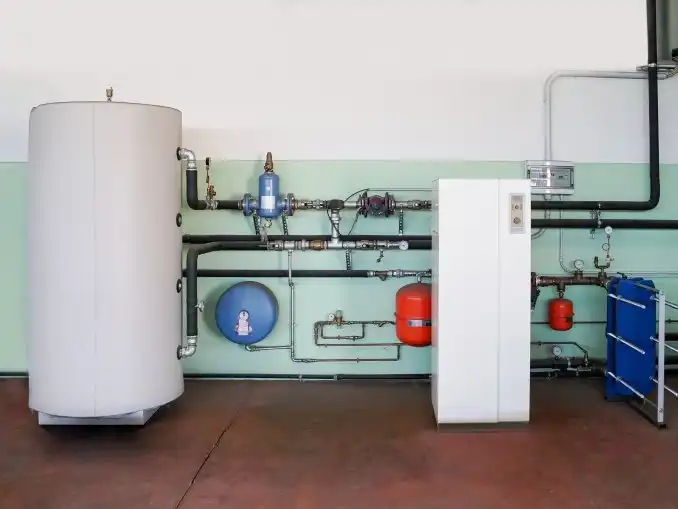If you’re a homeowner looking for an energy-efficient and cost-effective way to heat and cool your home, geothermal heating may be the solution you’re looking for. Geothermal heat pumps (GHPs) have been in use since the 1940s and use the constant temperature of the earth as the exchange medium instead of the outside air temperature. In this article, we’ll explore the benefits of geothermal heating and why it’s worth the investment.
Energy Efficiency and Cost Savings
One of the biggest benefits of geothermal heating is its energy efficiency. GHPs can cut energy bills by up to 65% because the HVAC system does not have to work as hard to produce heat. Geothermal heating is different from gas heating in that it uses energy that is already there instead of generating heat itself. This means that the system can run more efficiently and effectively, ultimately reducing your energy costs.
In addition to energy savings, geothermal systems can also save homeowners money in the long run. While the initial cost of installation can be several times that of an air-source system, the additional costs may be returned in energy savings in 5-10 years. According to the Department of Energy, the life expectancy of a geothermal heat pump is 25-50 years, making it a durable and long-lasting investment.

Environmental Impact
Another benefit of geothermal heating is its impact on the environment. Geothermal energy is a renewable and sustainable energy source that has a low carbon footprint. It is more environmentally friendly than conventional fuel sources like coal and natural gas. Additionally, geothermal systems do not produce emissions or pollutants, making them a clean and safe option for heating and cooling your home.
Types of Geothermal Systems
There are four basic types of ground loop systems for geothermal heat pumps:
- Horizontal
- Vertical
- Pond/Lake
- Open-loop
The best system for a site depends on factors such as climate, soil conditions, available land, and local installation costs. Most closed-loop geothermal heat pumps circulate an antifreeze solution through a closed loop buried in the ground or submerged in water and use a heat exchanger to transfer heat between the refrigerant and antifreeze solution. Direct exchange systems do not use a heat exchanger and instead pump refrigerant through copper tubing buried in the ground. These systems work best in moist soils, but should not be installed in soils corrosive to copper tubing. Local environmental regulations may prohibit the use of certain types of geothermal heat pump systems in some locations.

Overall, geothermal heating is a smart investment for homeowners looking for an energy-efficient and cost-effective way to heat and cool their home. Not only does it save money on energy bills, but it also has a positive impact on the environment. It’s worth considering if you’re in the market for a new HVAC system. If you’re interested in learning more about geothermal heating and whether it’s the right fit for your home, contact the Green Building Group to schedule a consultation. We have the experience and expertise to help you make an informed decision and provide high-quality installation services.